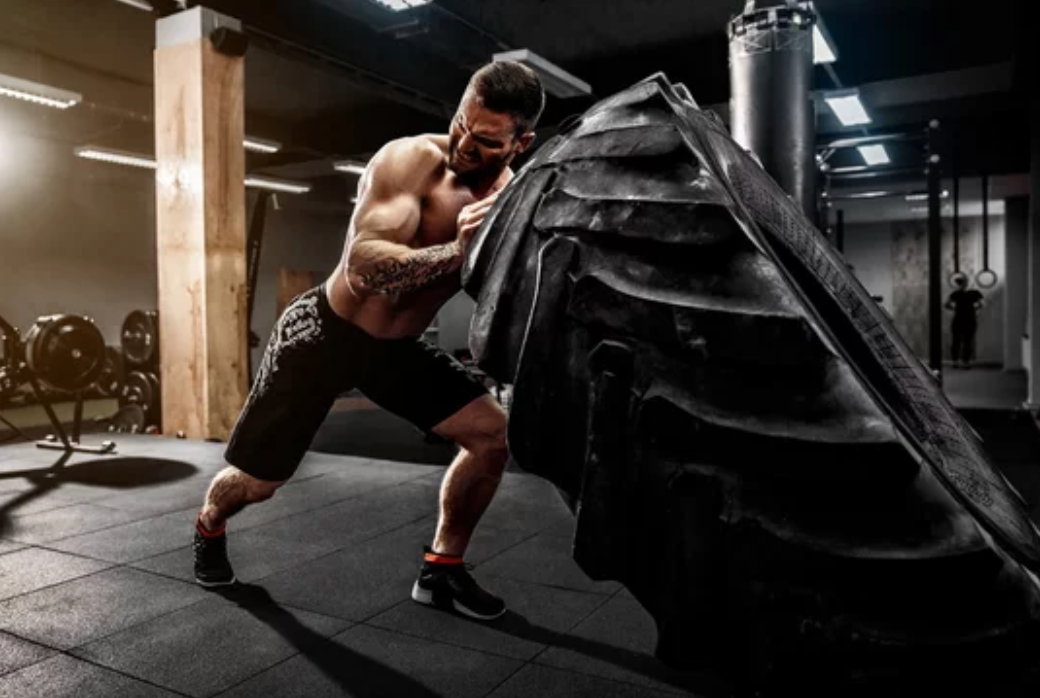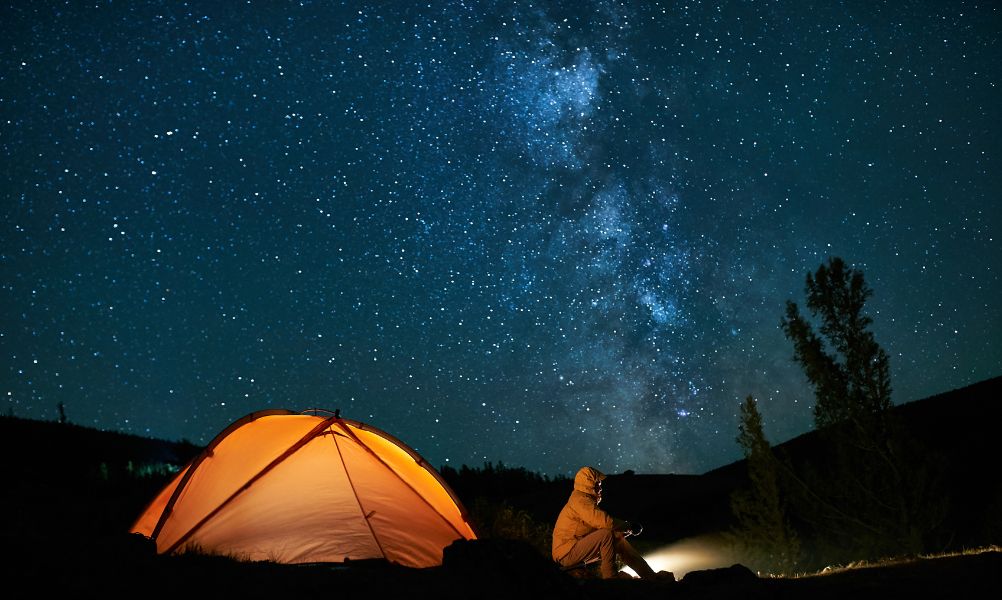Many people assume camping is only reserved for the warm months. However, you can camp at any time of the year. During the winter months, you’ll need to think about special considerations for your safety; there’s no reason to stow your camping gear just because of the weather. Check out this complete guide to winter camping safety so you can be prepared for your next trip.
Benefits of Winter Camping
If you live somewhere that gets harsh winter weather, you may be wondering why you’d want to go camping during the coldest time of year. The weather actually makes winter camping a fun and unique experience!
Many people are deterred from camping by winter weather, so there’s a good chance you’ll have the entire campground to yourself. If the idea of camping with no one else around sounds ideal, then winter camping is the way to go.
If you bring equipment to stay warm and dry, you’ll be comfortable throughout the entire trip. Plus, camping during the winter offers an entirely new way to experience one of your favorite hobbies! If you’re accustomed to seeing the great outdoors on warm, sunny days, camping during the winter allows you to see the world in new, exciting ways.
Car Camping
If you’ve never camped during the winter, it’s best to ease into it by sleeping in your RV, campervan, or vehicle before pitching a tent. Camping in your car allows you to bring as much gear as you can fit. You won’t need to worry about weight limitations or carrying everything on your back. Instead, you can load up on bulky layers and thick blankets to stay warm.
Your vehicle also provides a comfortable home base to dry off your gear and warm up after you’ve been exploring the wilderness. Regulating your body temperature during the winter is incredibly important while winter camping, and you’ll always have somewhere safe to return to when you camp in your vehicle.
Prevent Hypothermia and Frostbite
During the winter months, hypothermia and frostbite can quickly set in if you’re not prepared. It’s important to dress warmly whenever you spend time in cold, snowy conditions. The key to avoiding hypothermia and frostbite is to stay as warm and dry as possible. Since you quickly lose heat through your extremities, wear thick gloves and socks. You’ll also want to follow the three-layer rule when dressing to maintain a warm body temperature. We’ll share that rule later on.
Keep in mind that preventing hypothermia and frostbite is a delicate balance. While you should stay as warm as possible, you also want to avoid excessive sweating. Sweat can chill your body and cause your internal temperature to plummet, so wear moisture-wicking base layers. Breathable fabrics allow you to stay warm and remove sweat from your body.
Dress in Layers
A complete guide to winter camping safety wouldn’t be complete without highlighting the importance of attire. If you’re not dressed for wintery conditions, you risk your health and safety. You certainly won’t enjoy the experience if you’re miserably cold the entire time!
Winter clothing will help you stay warm and dry while camping. By dressing in layers, you can regulate your body temperature and avoid hypothermia and frostbite. For maximum protection, you’ll want to follow a three-layer strategy.
Wear a moisture-wicking base layer. Next, add an insulating mid layer, then top it off with a waterproof outer layer. These three layers will keep you warm and dry, no matter where the day takes you. You should also wear warm socks, a hat, and gloves to combat frigid winter weather.
For footwear, you’ll want to invest in a pair of high-quality winter hiking boots. Look for boots that will keep your feet warm, comfortable, and most importantly, dry. If your boots don’t hold up in snowy, slushy conditions, you won’t be able to spend much time outside. Finally, get boots that match your desired activity level for necessary support.
Food Storage
Food storage is essential for your safety and the safety of others on the campgrounds, regardless of the season. It’s extremely important to follow all food safety guidelines for your local area to reduce the risk of wildlife encounters. Bears can easily sniff out food and start rummaging through your campsite if your food is not secure.
It’s best to keep all food and scented items in your vehicle, bear canister, or suspended bear bag. During the winter, you might be tempted to cook inside your tent to stay warm, but the odor from your food will linger long after you’ve finished your meal. The smells can attract wildlife to your campsite and your tent, so it’s best to prepare your food in your vehicle or an open-air environment.
Identify Hazardous Tree Branches
Falling tree branches are other important safety considerations when winter camping. The weight of snow and ice can cause large branches to snap and fall to the ground. You don’t want to be in the path of a falling tree branch, so always be aware of your surroundings.
Take some time to identify hazardous trees and boughs in your area, and avoid setting up camp under trees that look unstable. Although tree branches can fall at any time of the year, the chances increase during the winter. Remain vigilant, and remember to look up throughout your camping journey.
Avalanche Safety
An avalanche occurs when an unstable mass of snow breaks away from a slope. Avalanches are incredibly dangerous and life-threatening, so if you plan to camp in the winter, you need to familiarize yourself with avalanche safety.
Sign up for an avalanche safety course taught by an expert to make sure you have the most up-to-date information. During the course, you’ll learn about personal safety protocols and how to rescue someone buried in an avalanche. You’ll also learn how to identify common causes of avalanches, such as terrain, snowpack, and weather conditions. By familiarizing yourself with the causes of avalanches, you can spot hazards before they cause disasters.
Winter camping requires a lot of gear and preparation, but it can be an incredibly beautiful, exciting experience. At WOLFpak, we offer large tactical backpacks ideal for storing your camping essentials. Our spacious rucksacks also have compartment pockets to keep your things organized. With our high-quality backpacks, you’ll be able to enjoy the wilderness in any climate!

Read more

If you’re a novice weightlifter, it can be difficult to know how to complete an effective workout. Check out the best weight training exercises for beginners.

Joining CrossFit in 2024? Listen up! Before you start any new workout program or type of exercise, you’ve got to ensure your head is in the right place. Preparation is key! Don’t worry, we’ve got...













Leave a comment
This site is protected by hCaptcha and the hCaptcha Privacy Policy and Terms of Service apply.